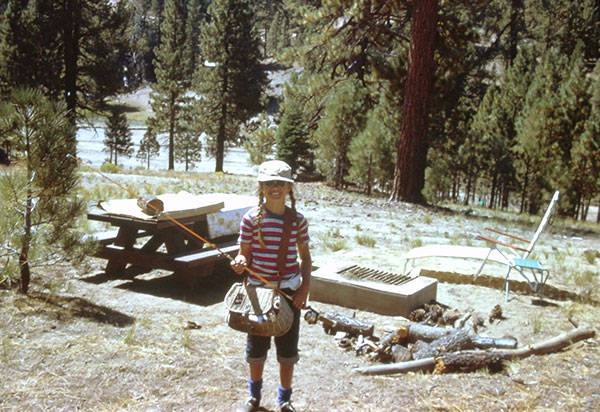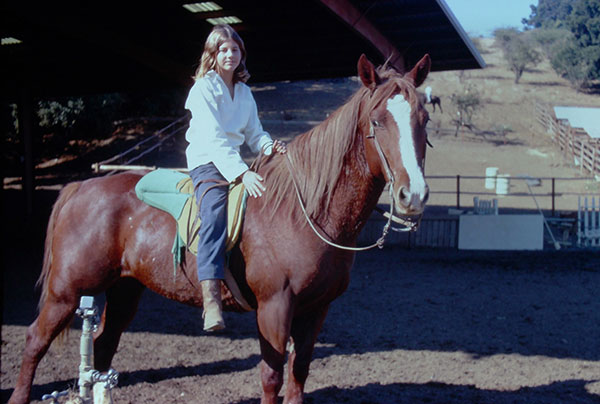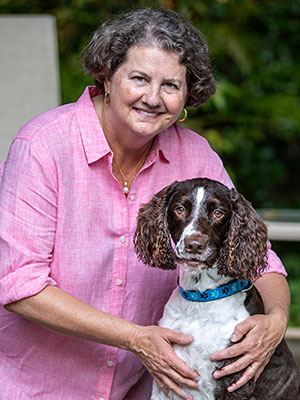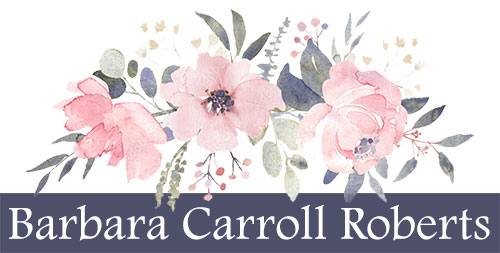About
I grew up in California’s Santa Clara Valley — long before it was called “Silicon Valley.” Instead of high-tech companies, apricot and cherry orchards surrounded our neighborhood. My sister and I loved hiking up into the foothills of the Coastal Mountain Range with our dog, spending whole days exploring trails, inhaling the sharp scents of ceanothus and manzanita, catching blue-bellied lizards and garter snakes, chewing on the miner’s lettuce and sour grass that grew along the banks of creeks.
We were an outdoors family. Camping. Fishing. Horseback riding. Climbing trees — even our mom would climb up into trees with us.
But we were also a reading family.
Well, everyone except me.
Not because I didn’t like books. But because I was an active kid who didn’t like to sit still. And more than that, learning to read was difficult for me. Even after I mastered the letter sounds (and tried and tried to memorize all the “exceptions to the rules”), I always read more slowly than my classmates and was always embarrassed about it. Being called on to read out loud in front of the class filled me with dread.

So while I loved hearing the stories our parents read to my sister and me, reading on my own was hard work. Definitely not something I wanted to do in my free time. All through my childhood, I continued to prefer running around outside to spending time with a book.
But when I was in high school, I had a wonderful English teacher who not only introduced our class to some truly great books, he taught us to see the craft techniques the authors used, showed us how to “explore beyond the plot” to figure out what a book was “about.”
Suddenly, the world of literature opened up for me. And even though I hadn’t yet gotten over my embarrassment at reading so slowly, I now realized that because of this “weakness,” I discovered details in books — sparkling images, musical language, hidden themes — that my fast-reading classmates skimmed past without noticing.
My weakness had become a strength.
In college, I became an English major, which meant I read and read and read.
And wrote. Essays and essays and essays. And I found out I was good at it. Good at writing about books. Which made me want to write my own.
It took me a long time to achieve that goal. But along the way, I made my living as a writer for a big company in Silicon Valley — writing press releases and articles and video scripts — then as a freelance writer, working for many different companies.
But when I had my own children and began reading books to them, I realized that these were the kinds of books I wanted to write.
Maybe because I still love lying down nose-to-nose with a lizard (though I don’t feel the need to catch them anymore).
Maybe because I remember what it felt like — how embarrassing it was — to be a “slow reader.”
Maybe because I still read slowly, savoring every word.



